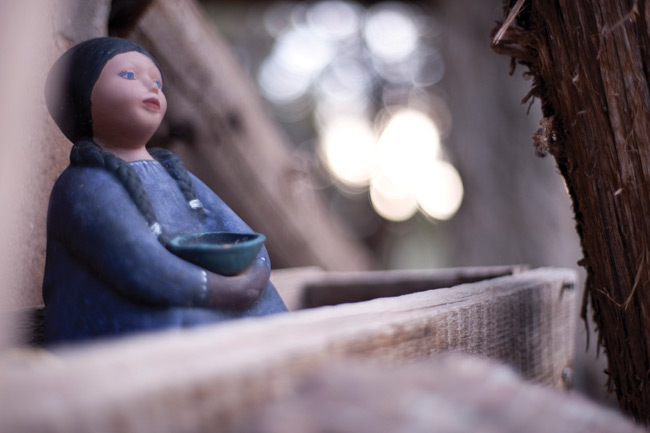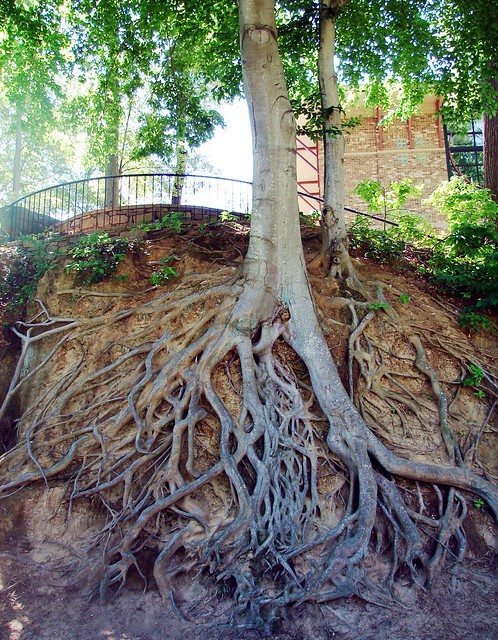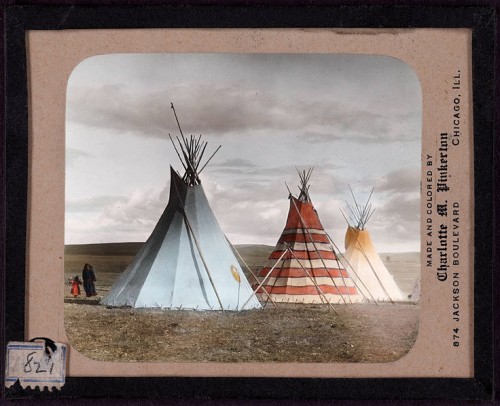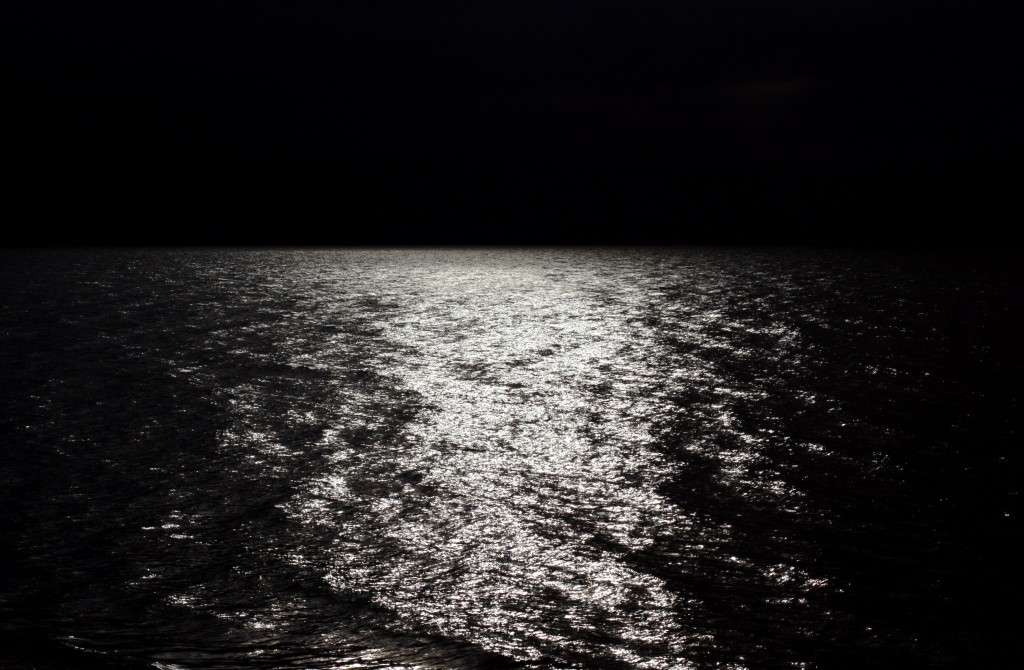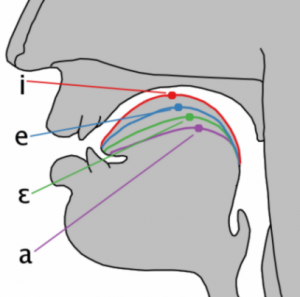
A few years ago, I interviewed author and social critic James Kunstler about his novel World Made By Hand, his latest portrayal of a post-peak-oil future. Kunstler, as one might expect, had plenty of complaints — about suburbs, cheese doodles, Wal-Mart, the American road trip. But when I mentioned that I’d grown up in the Hudson River town of Poughkeepsie, New York, he perked up.
“Oh!” he said, sounding as if he’d almost cracked a smile.
People from Poughkeepsie are not, to say the least, used to this kind of reaction. Depending on your generation, you may know my hometown from Gene Hackman’s “Pickin’ your feet in Poughkeepsie” rant in The French Connection; from the Lemonheads song; or from the Friends episode “The One With The Girl From Poughkeepsie” (“How great can she be if she’s from Poughkeepsie?”)
If you know Poughkeepsie at all, chances are you don’t ache to return. The name is Wappinger for “the reed-covered lodge by the little-water place,” though a friend of mine translates it as “place of many strip malls.” We once made a decent living making hats, brewing beer, and shipping stuff up and down the Hudson, but those glory days are long over. (One of our most successful industries was whale rendering.) With a chronically lackluster downtown and boring burbs, we have neither urban sophistication nor rural charm. As Hudson Valley folkie Bill Ring puts it, “It’s bigger than a village, but it ain’t quite a city/ and it’s not a place a lot of folks are itching to go.” I love a lot of people in Poughkeepsie, but honestly, I prefer to meet them elsewhere.
